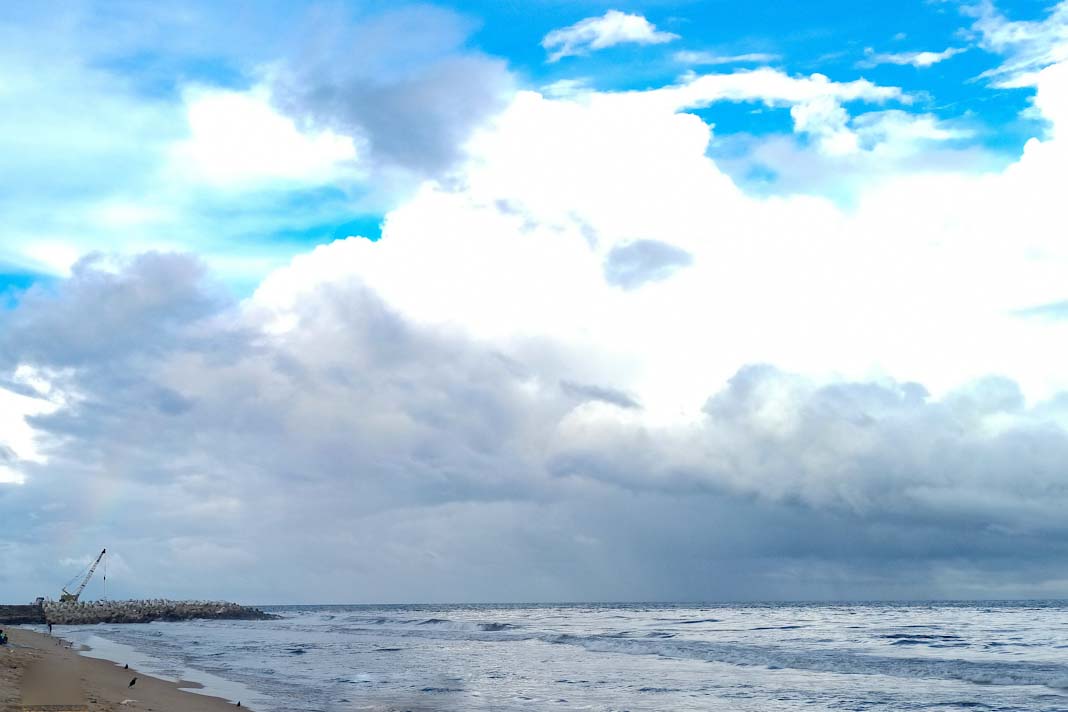
- The Philippines unveiled the Manila Declaration on September 2, a non-binding framework to uphold seafarers’ rights and safety.
- The Declaration outlines eight commitments, including human rights protection, crisis safety, gender equity, and just transition in shipping.
- Backed by 10 nations and major global maritime institutions, it is positioned as a “guiding compass” for future policy and cooperation.
The Philippines formally introduced the Manila Declaration on Seafarers’ Human Rights, Safety and Well-Being during a two-day international conference at the Diamond Hotel, Manila. The summit gathered more than 200 delegates from 30 countries, including governments, unions, shipowners, and global organizations, under the theme “No One Left Adrift: Seafarers at the Cross Currents of Commerce, Conflict, and Change.”
A Moral and Political Blueprint
Presented by Ambassador Carlos Sorreta, the Declaration has been hailed as a forward-looking framework to strengthen global standards for seafarers amid conflict, pandemics, climate change, and digitalization. It outlines eight commitments:
- Upholding human rights of seafarers at all times
- Implementing the Maritime Labour Convention (MLC)
- Protecting seafarers in crises such as conflicts or pandemics
- Respecting the right to refuse sailing in high-risk areas
- Promoting corporate human rights due diligence
- Advancing gender equality and women’s empowerment
- Supporting just transition during decarbonization and automation
- Enhancing cooperation in maritime education and training
Seafarers’ Voices
The Declaration resonated personally with Filipino seafarers. Captain Jasmin Labarda spoke of her own experiences of neglect at sea, while Second Officer Maribel Singian described it as long-overdue recognition of seafarers’ hardships.
Global Endorsements and Institutional Support
As of launch, 10 countries — including Germany, the Netherlands, Norway, Spain, and the UK — endorsed the Declaration. It also gained backing from the IMO, ILO, ITF, and nonprofits such as Human Rights at Sea.
Urgent Realities at Sea
The framework responds to ongoing crises, including Filipino crews stranded during Red Sea attacks and pandemic-era seafarers denied shore leave or medical care. Philippine Foreign Affairs Secretary Ma Theresa Lazaro stressed that protecting seafarers is a shared global obligation.
Conference Highlights
Across two days, panels tackled human rights enforcement, protection in emergencies, gender inclusivity, and preparing for a just transition in green and digital shipping. Speakers emphasized enforcement of the MLC, crisis protocols, women’s empowerment, and large-scale reskilling.
Next Steps and Policy Integration
The Philippines aims to build on the Declaration by pushing new resolutions at the IMO and ILO, expanding on its 2024 UN Human Rights Council Resolution 56/18. MARINA administrator Sonia Malaluan described the Declaration as a “guiding compass” for collective global action, while Ambassador Teodoro Locsin Jr urged moving beyond conference halls to real change aboard ships.
Toward Global Implementation
The endorsement process remains open, with the Philippines working to translate commitments into regulations, training programs, and national legislation. The Manila Declaration also underscores the growing leadership of Global South nations in shaping international labor standards.
Did you subscribe to our Daily newsletter?
It’s Free! Click here to Subscribe!
Source: Maritime Fairtrade















